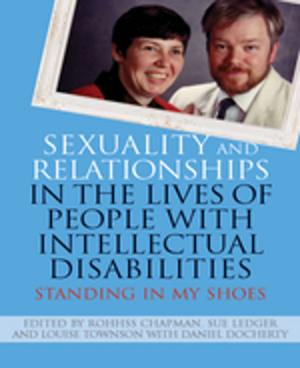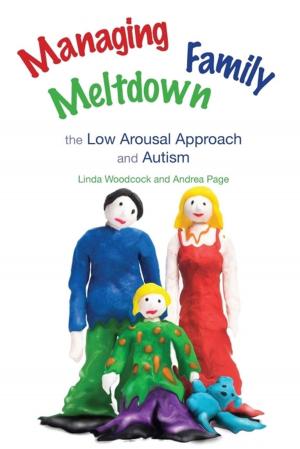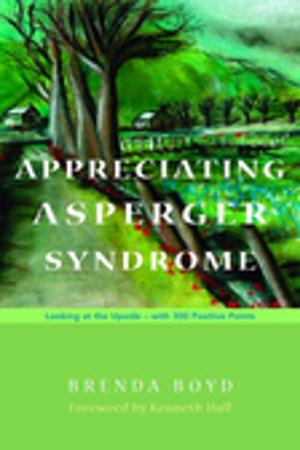Understanding Dyspraxia
A Guide for Parents and Teachers
Nonfiction, Family & Relationships, Parenting, Special Needs, Reference & Language, Education & Teaching, Health & Well Being, Health| Author: | Maureen Boon | ISBN: | 9780857002594 |
| Publisher: | Jessica Kingsley Publishers | Publication: | July 15, 2010 |
| Imprint: | Jessica Kingsley Publishers | Language: | English |
| Author: | Maureen Boon |
| ISBN: | 9780857002594 |
| Publisher: | Jessica Kingsley Publishers |
| Publication: | July 15, 2010 |
| Imprint: | Jessica Kingsley Publishers |
| Language: | English |
This fully-updated second edition of Helping Children with Dyspraxia has been revised to reflect current practice and developments, providing clear and positive answers to questions commonly asked by parents and teachers about dyspraxia.
Maureen Boon draws on her considerable experience of working with children with movement disorders to identify the characteristics of dyspraxia, explaining assessment procedures and identifying what can be done to help. New reflections appear on concepts such as physical literacy and whether or not incidence of dyspraxia has increased, and in an overview of the characteristics and causes of the condition, a comprehensive update on how it is identified and assessed is provided. Terminology is reviewed, and the full range of therapeutic interventions that are available are outlined. New case studies and photographs are used to illustrate successful interventions in practice, and a helpful appendix with up-to-date details of useful publications, programmes, equipment and organisations is also included.
Understanding Dyspraxia is a concise yet comprehensive handbook for parents and teachers. Its clear structure and practical, positive advice will make it an invaluable resource for anyone involved with a dyspraxic child.
This fully-updated second edition of Helping Children with Dyspraxia has been revised to reflect current practice and developments, providing clear and positive answers to questions commonly asked by parents and teachers about dyspraxia.
Maureen Boon draws on her considerable experience of working with children with movement disorders to identify the characteristics of dyspraxia, explaining assessment procedures and identifying what can be done to help. New reflections appear on concepts such as physical literacy and whether or not incidence of dyspraxia has increased, and in an overview of the characteristics and causes of the condition, a comprehensive update on how it is identified and assessed is provided. Terminology is reviewed, and the full range of therapeutic interventions that are available are outlined. New case studies and photographs are used to illustrate successful interventions in practice, and a helpful appendix with up-to-date details of useful publications, programmes, equipment and organisations is also included.
Understanding Dyspraxia is a concise yet comprehensive handbook for parents and teachers. Its clear structure and practical, positive advice will make it an invaluable resource for anyone involved with a dyspraxic child.















